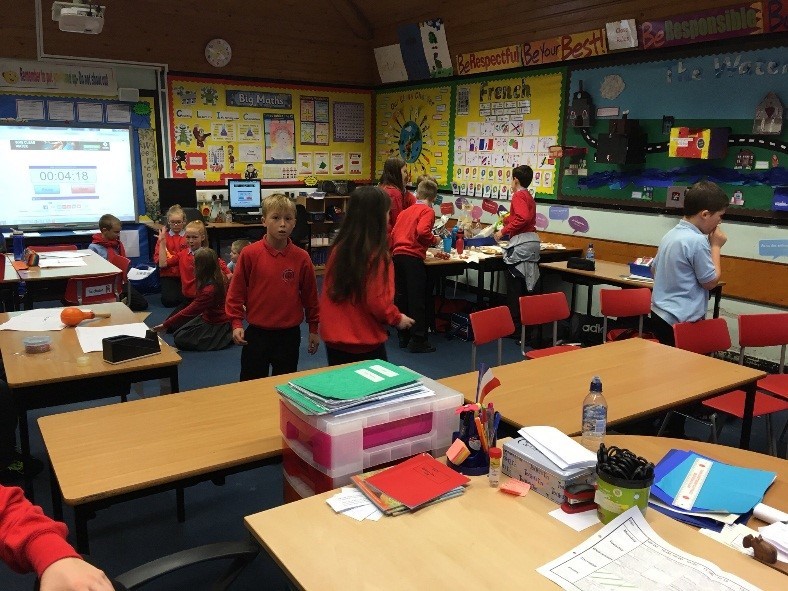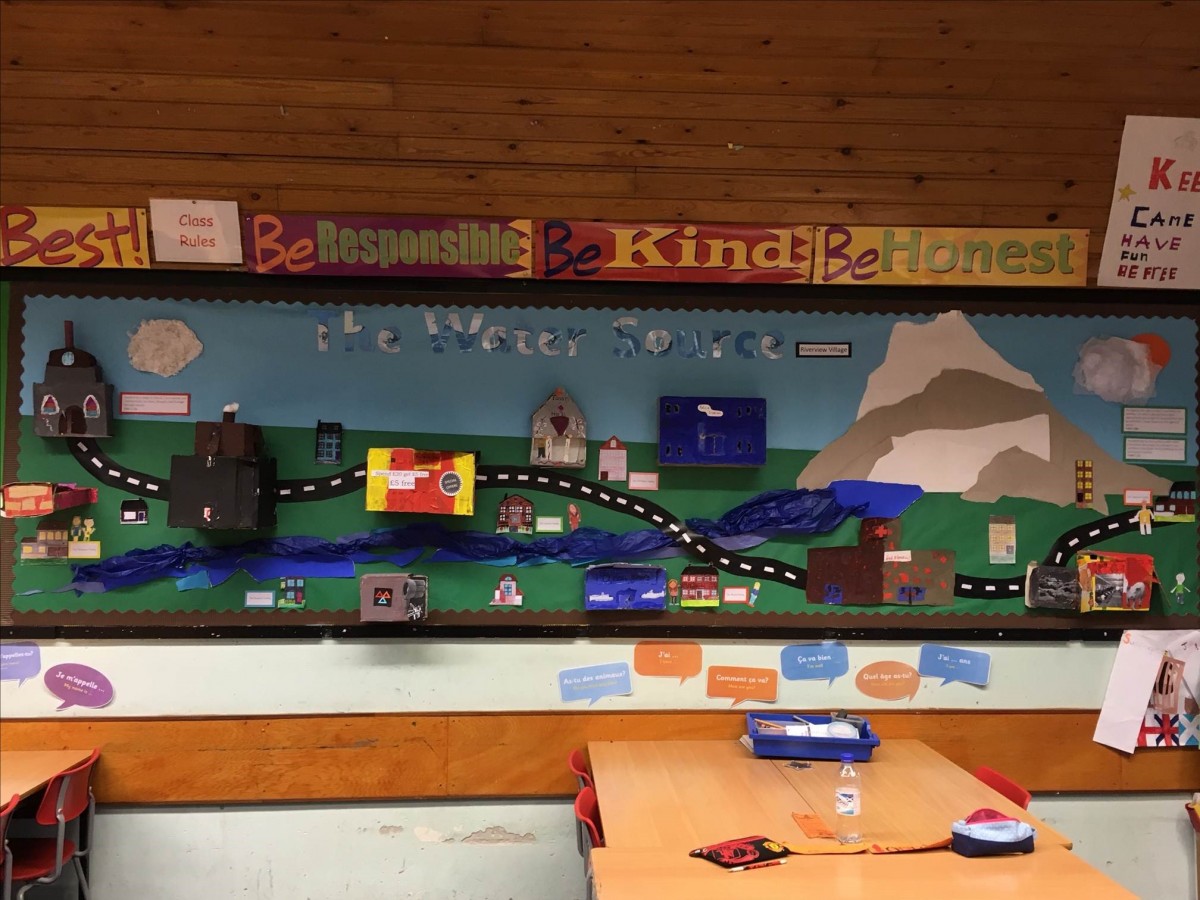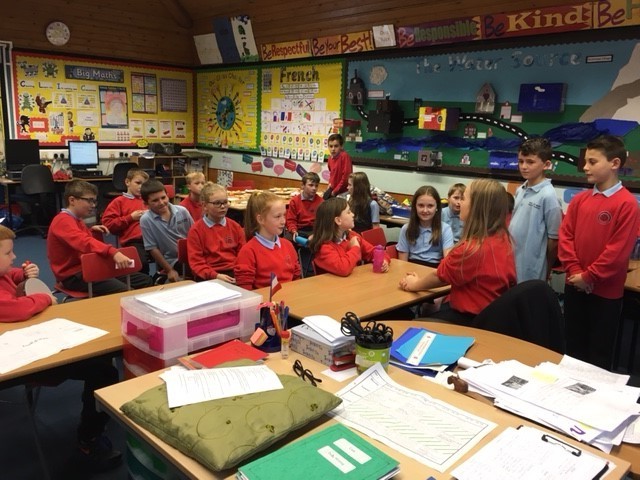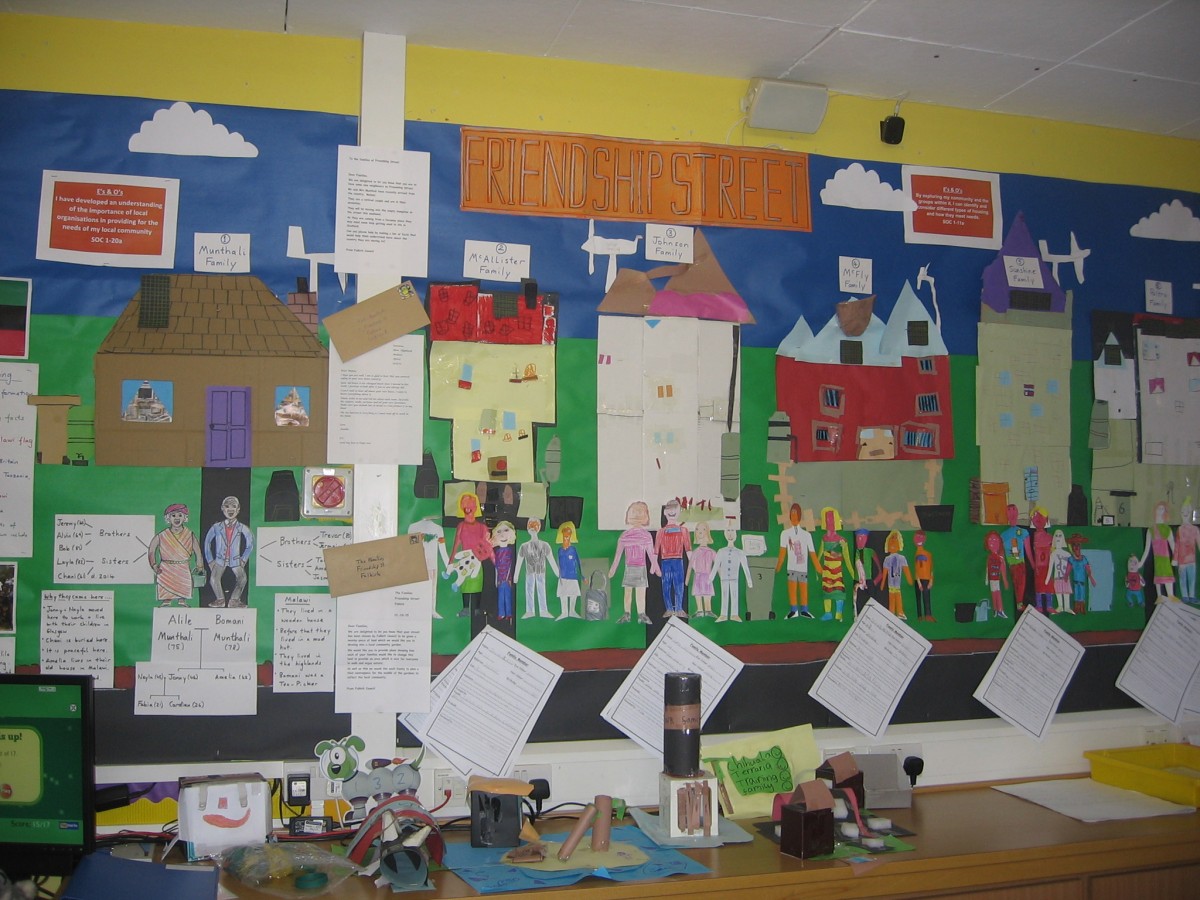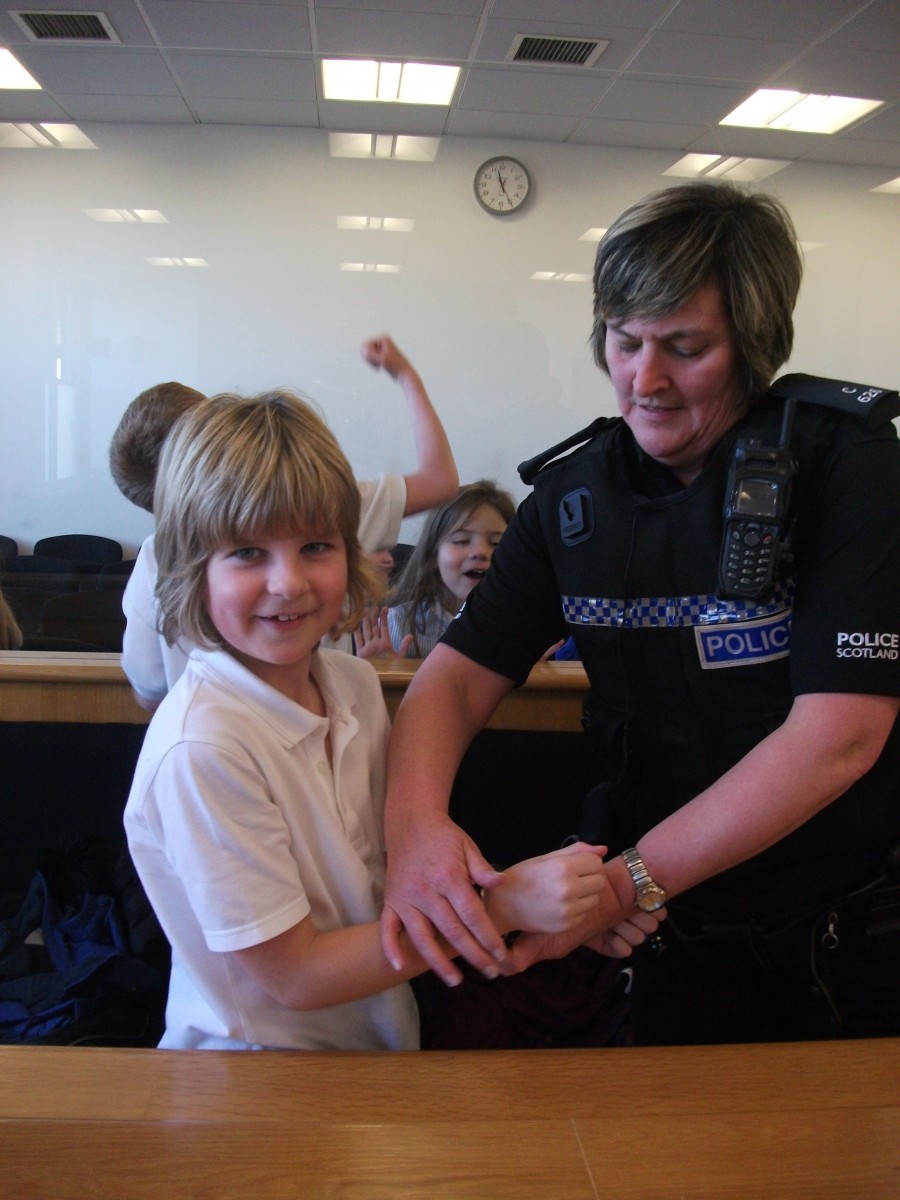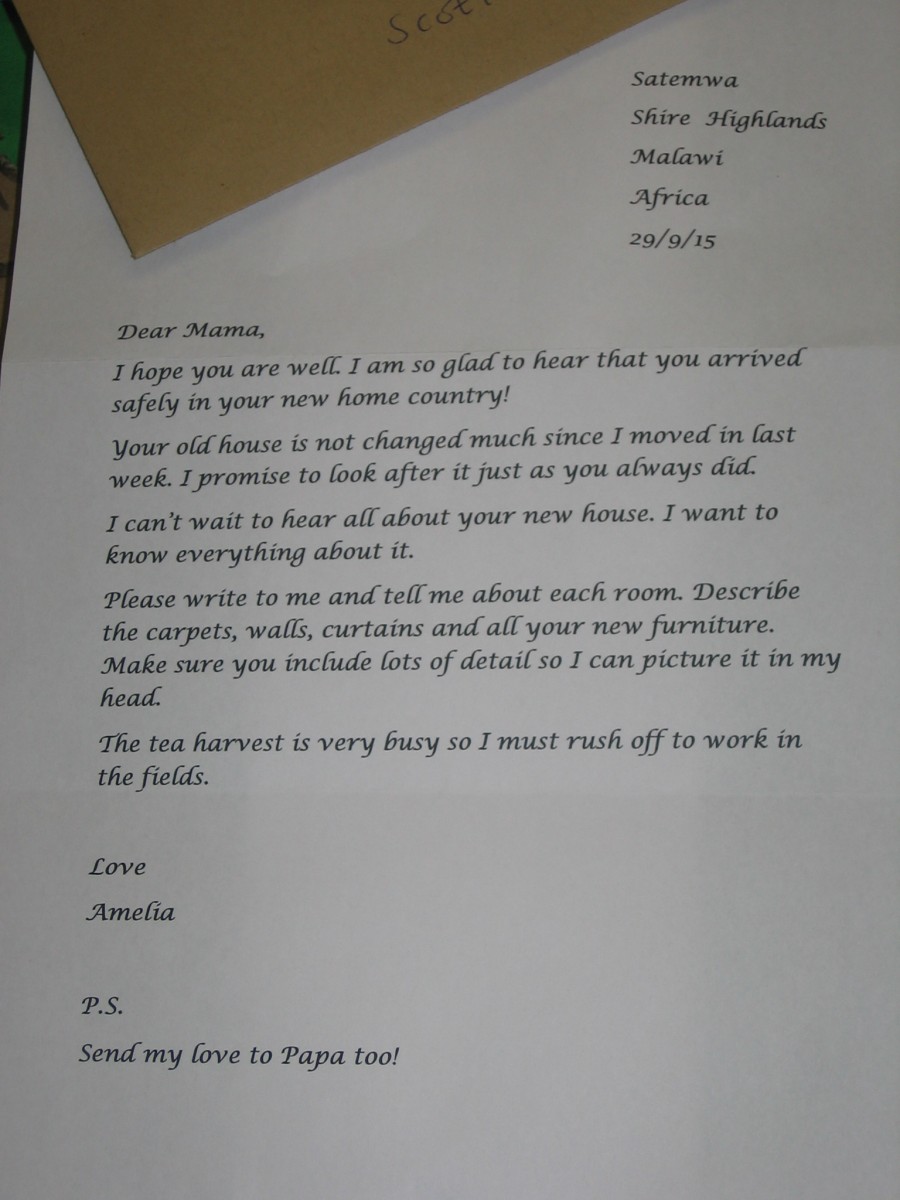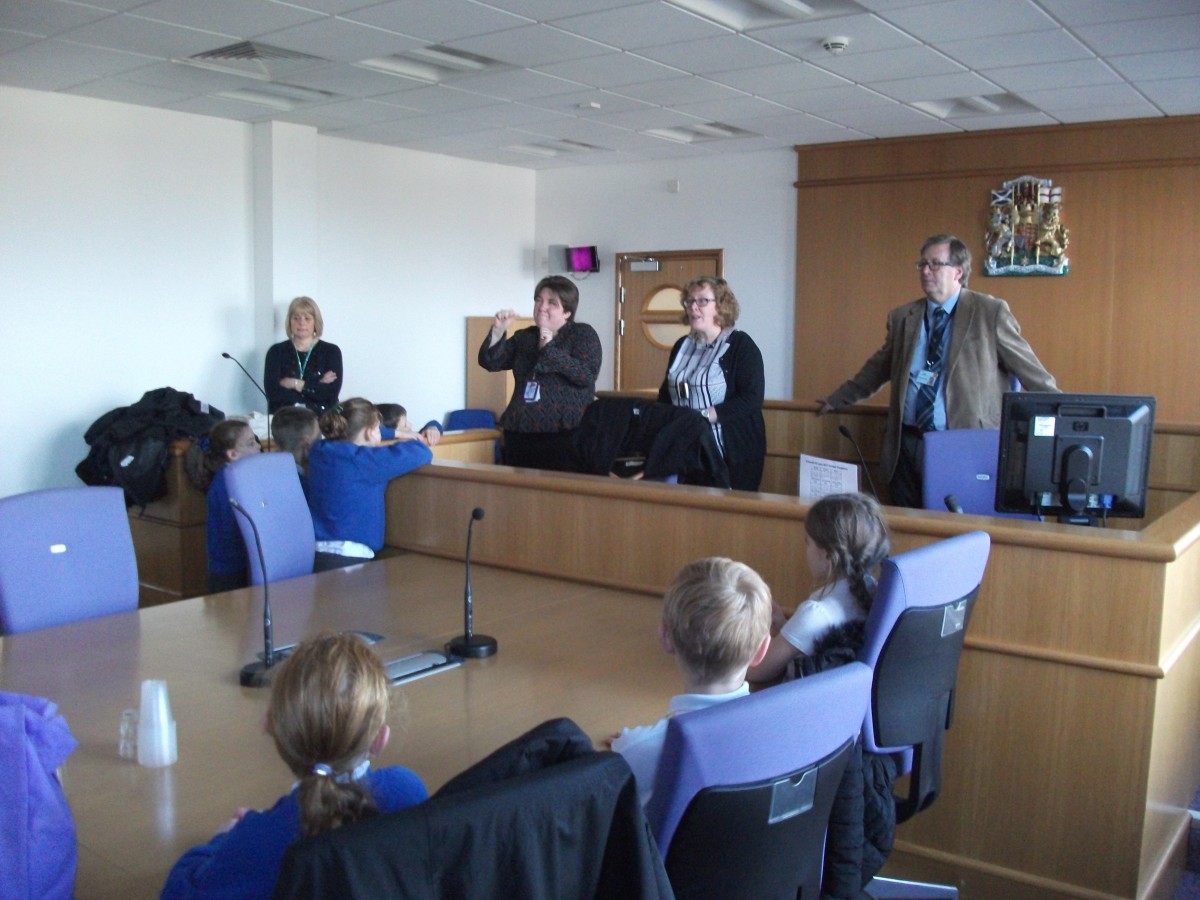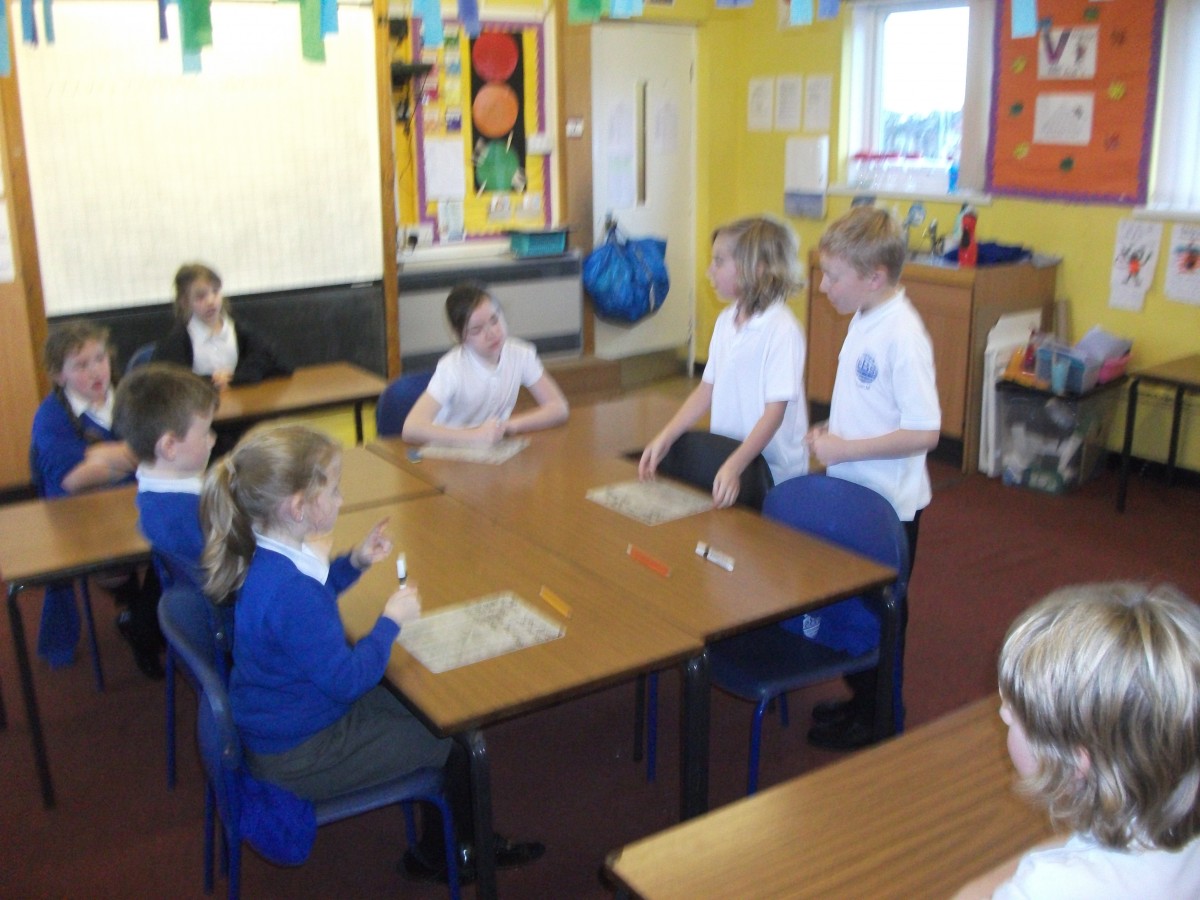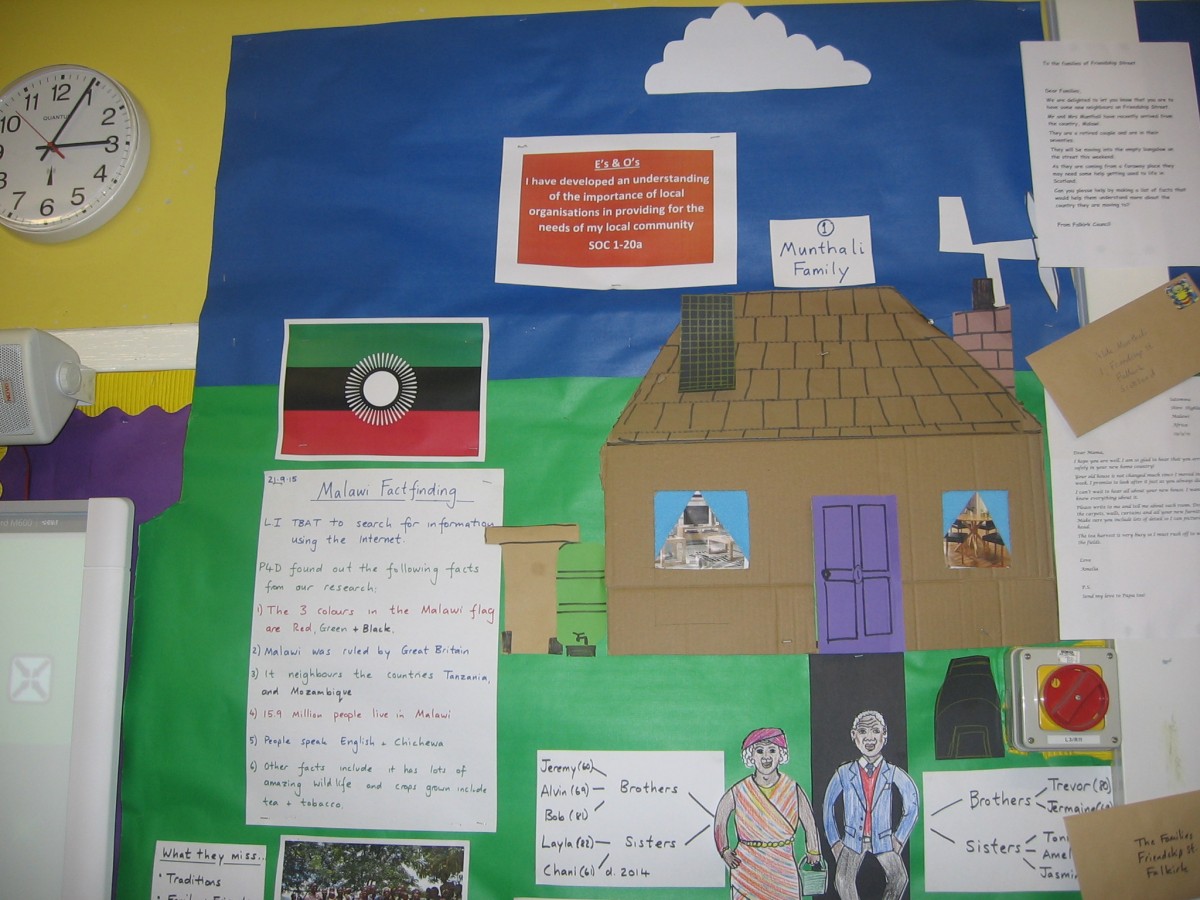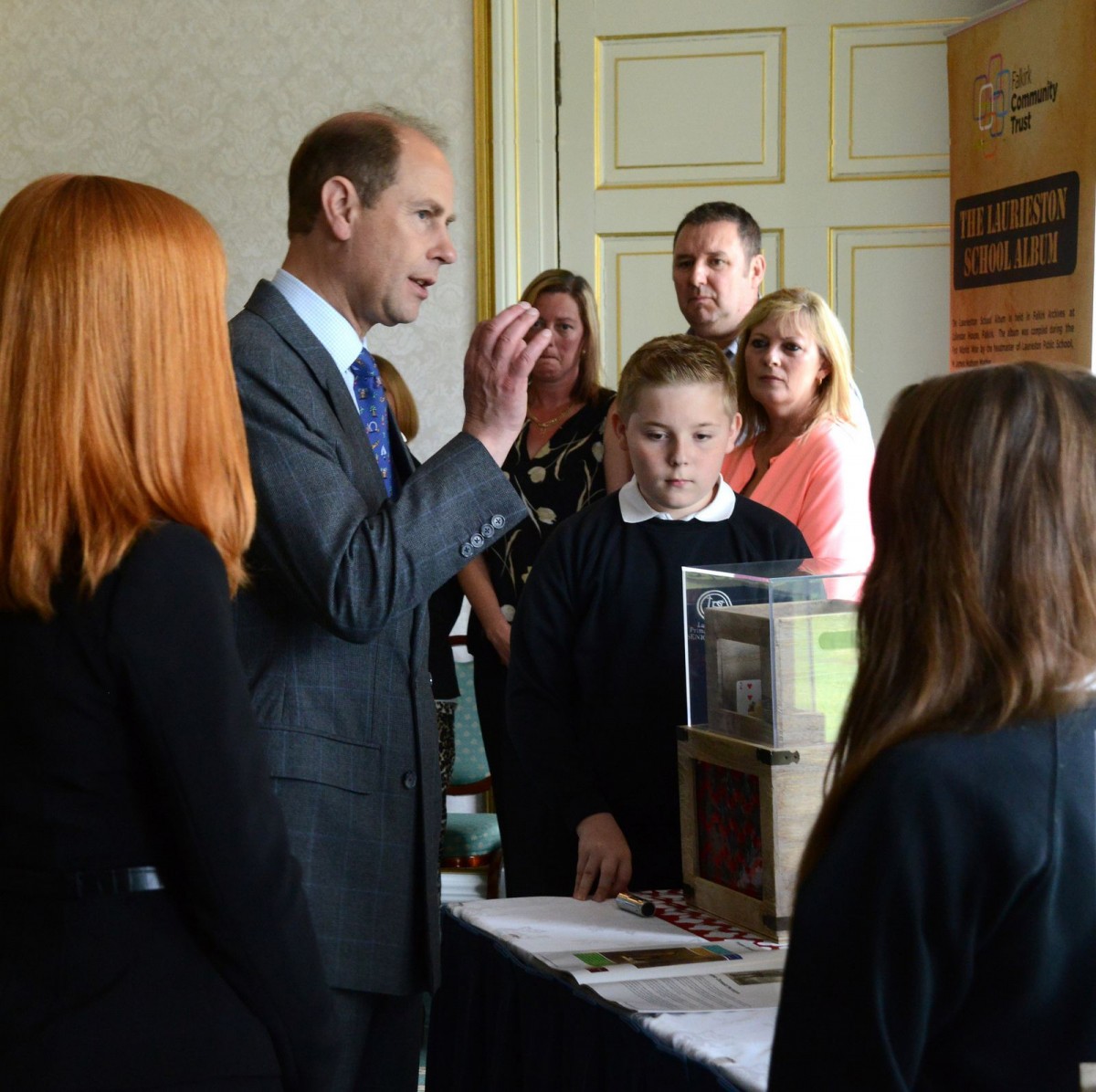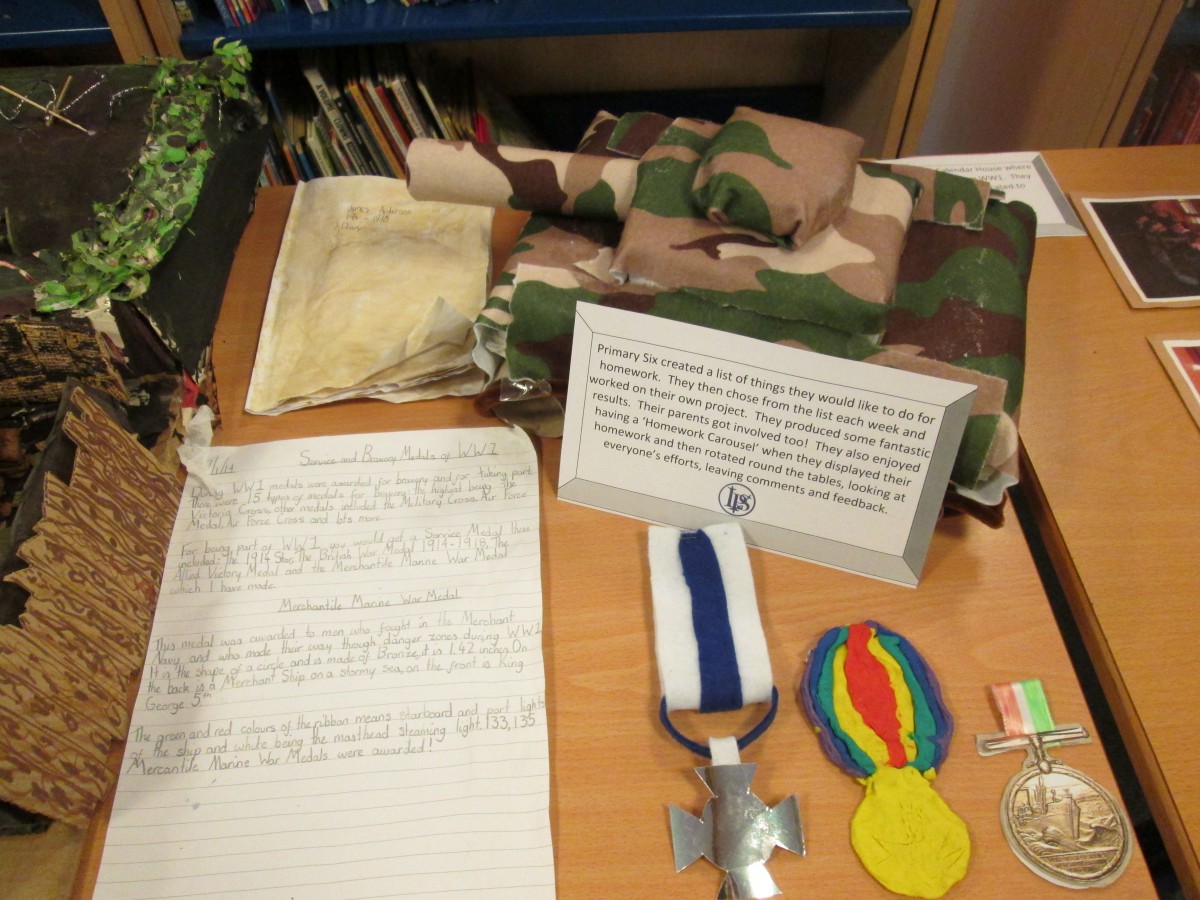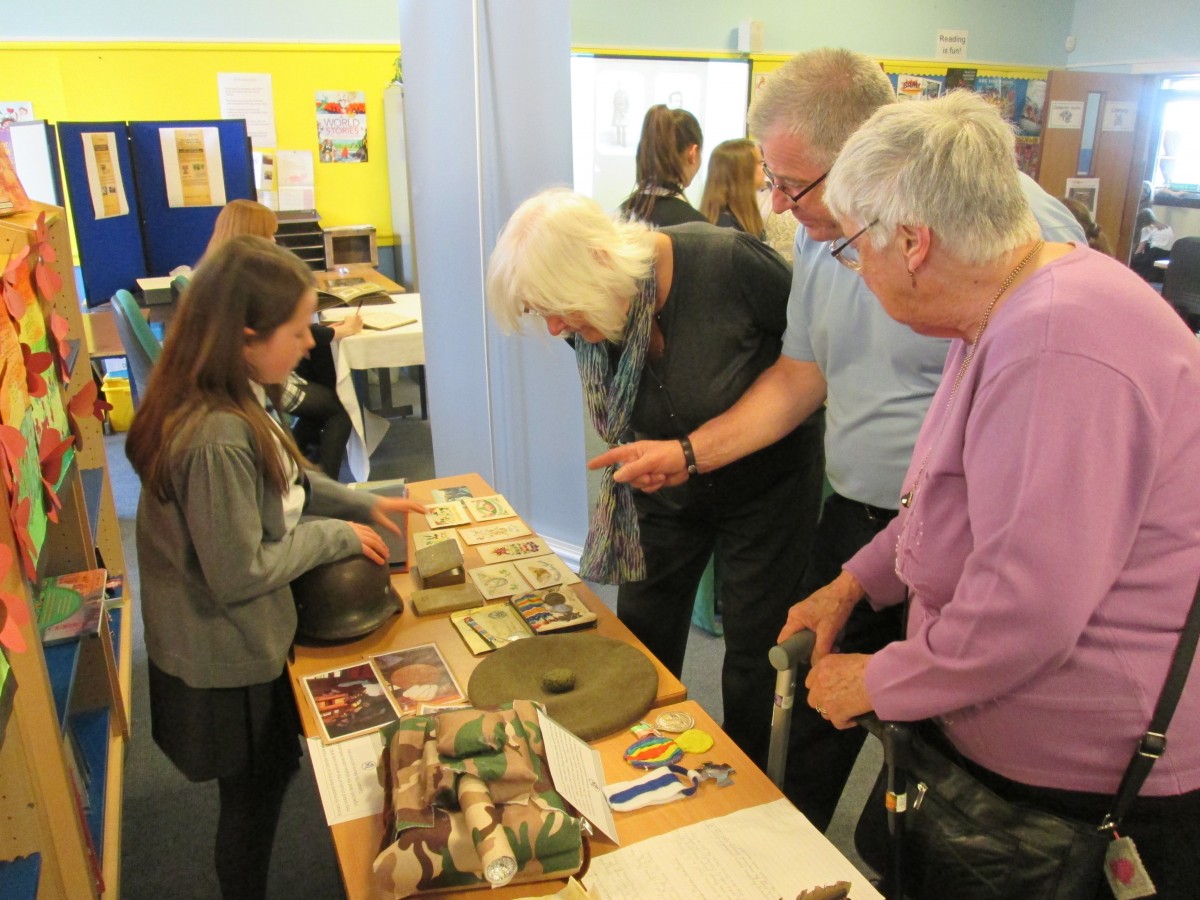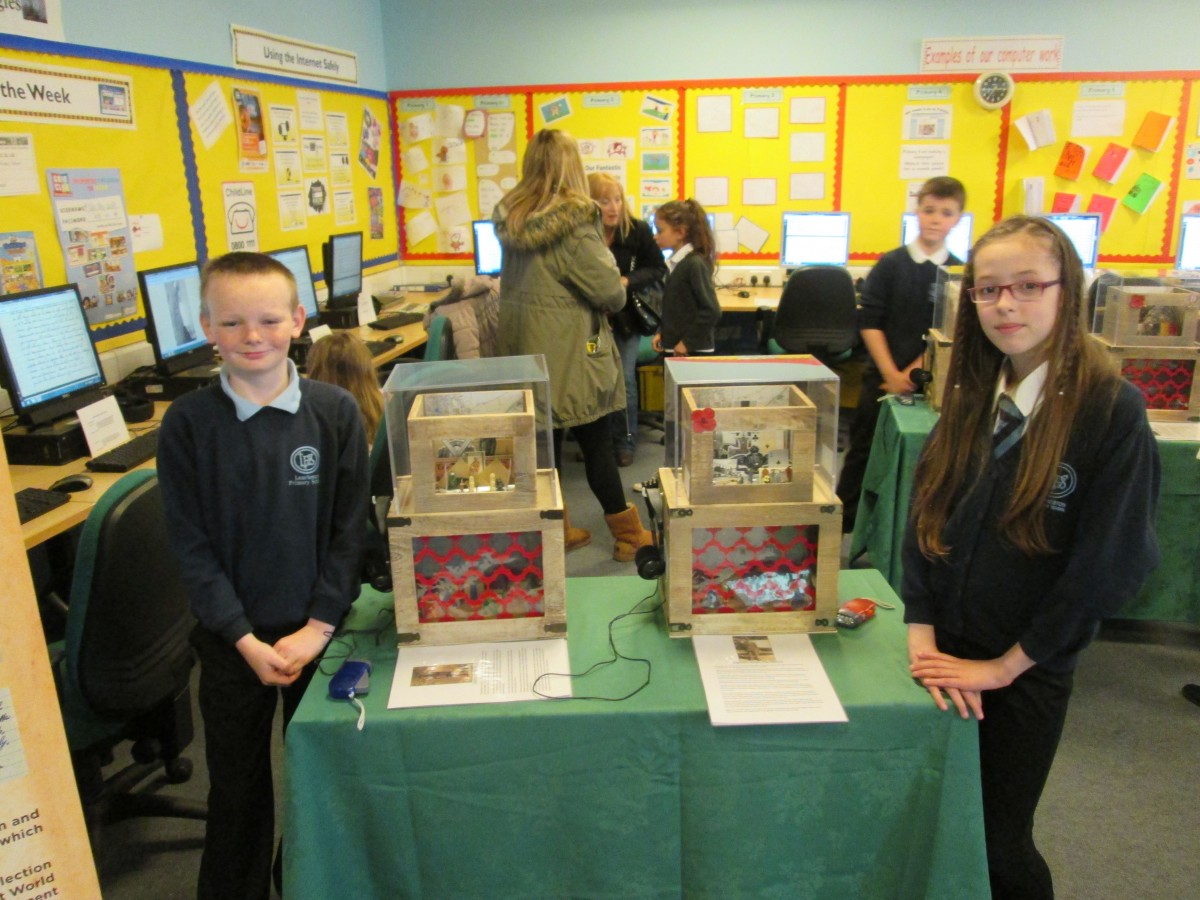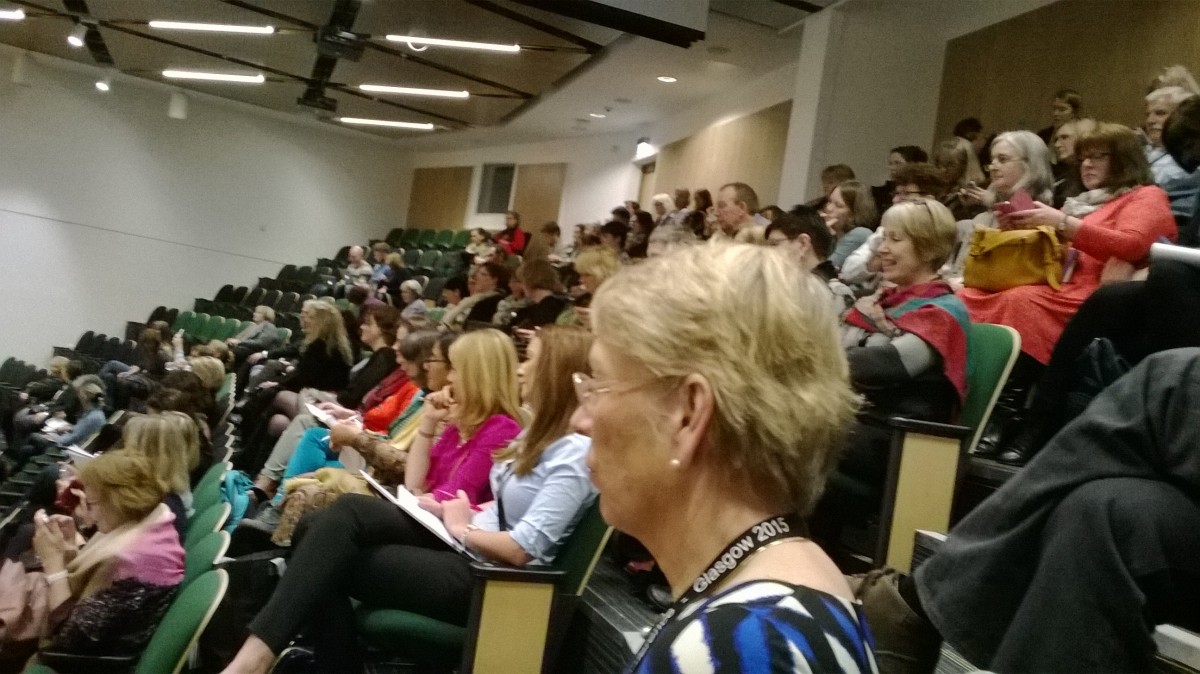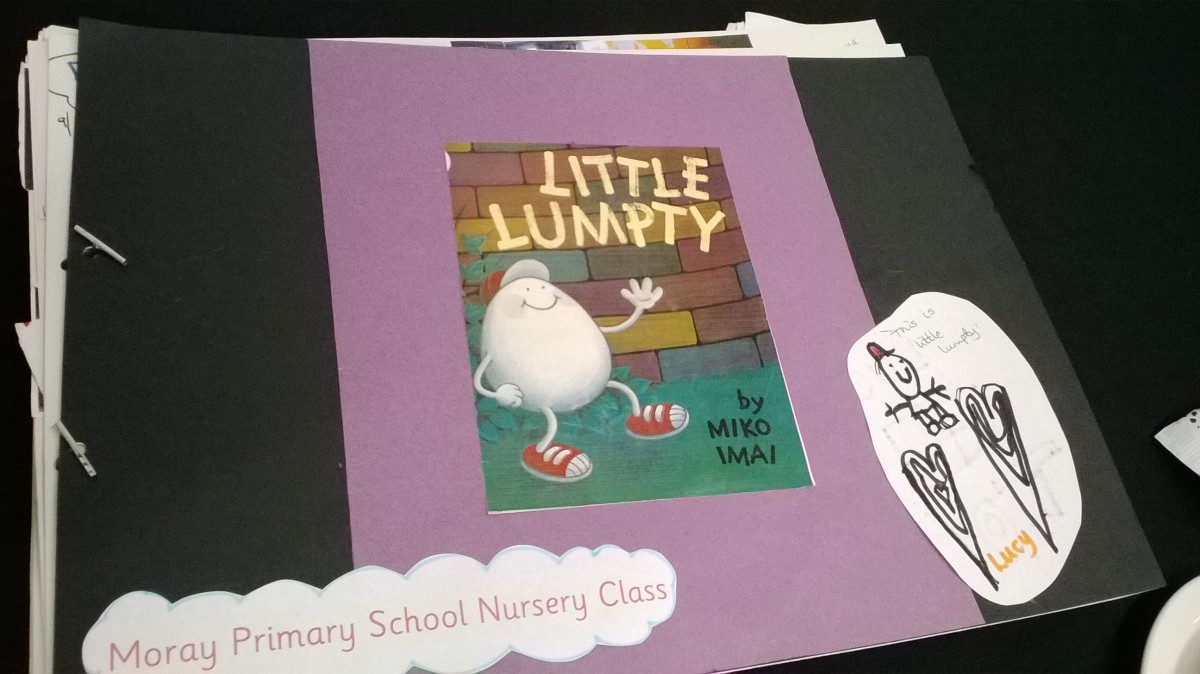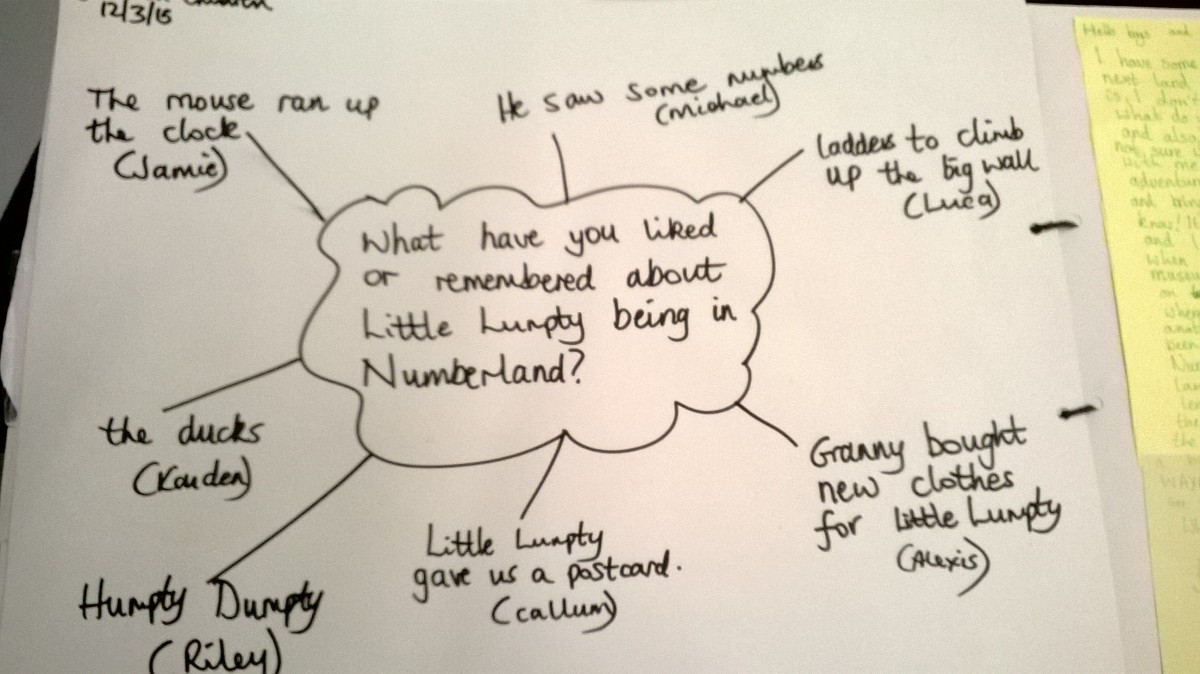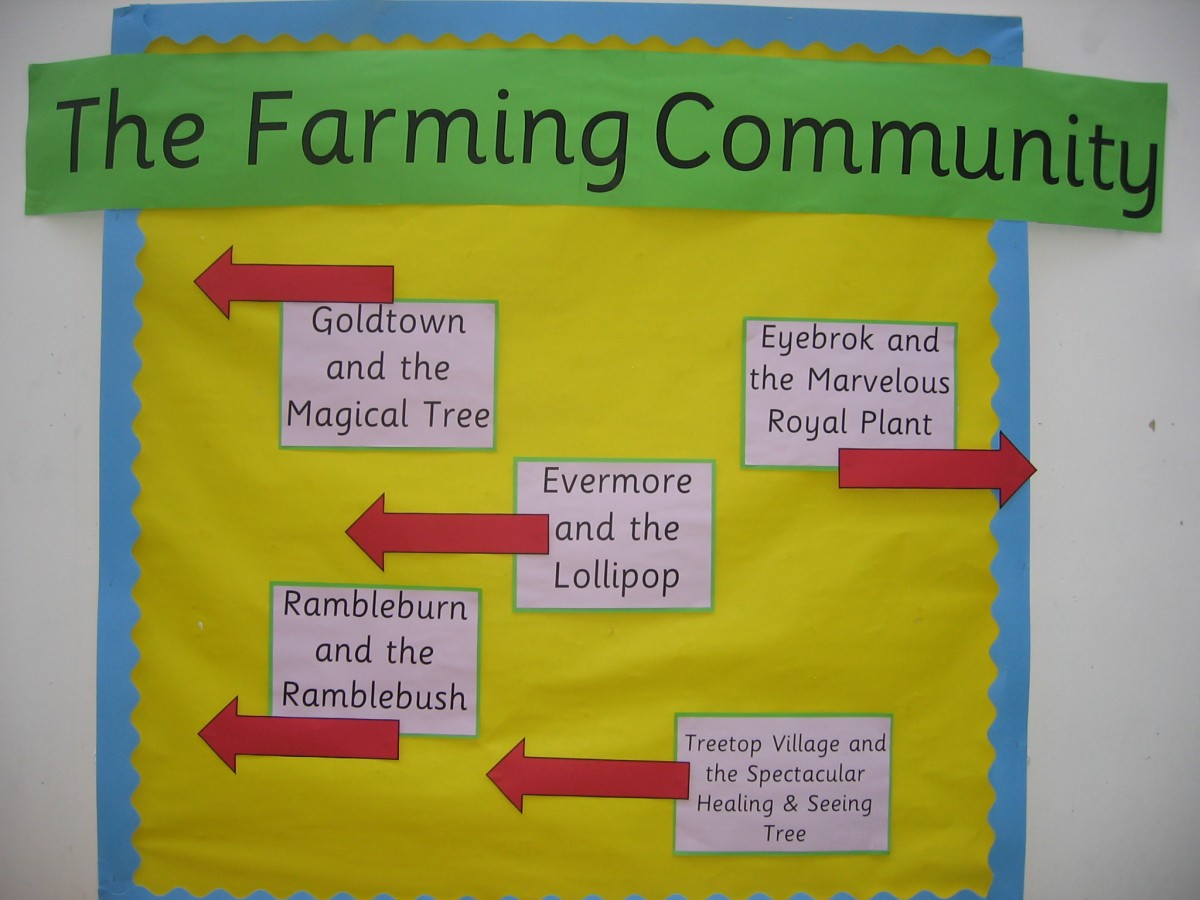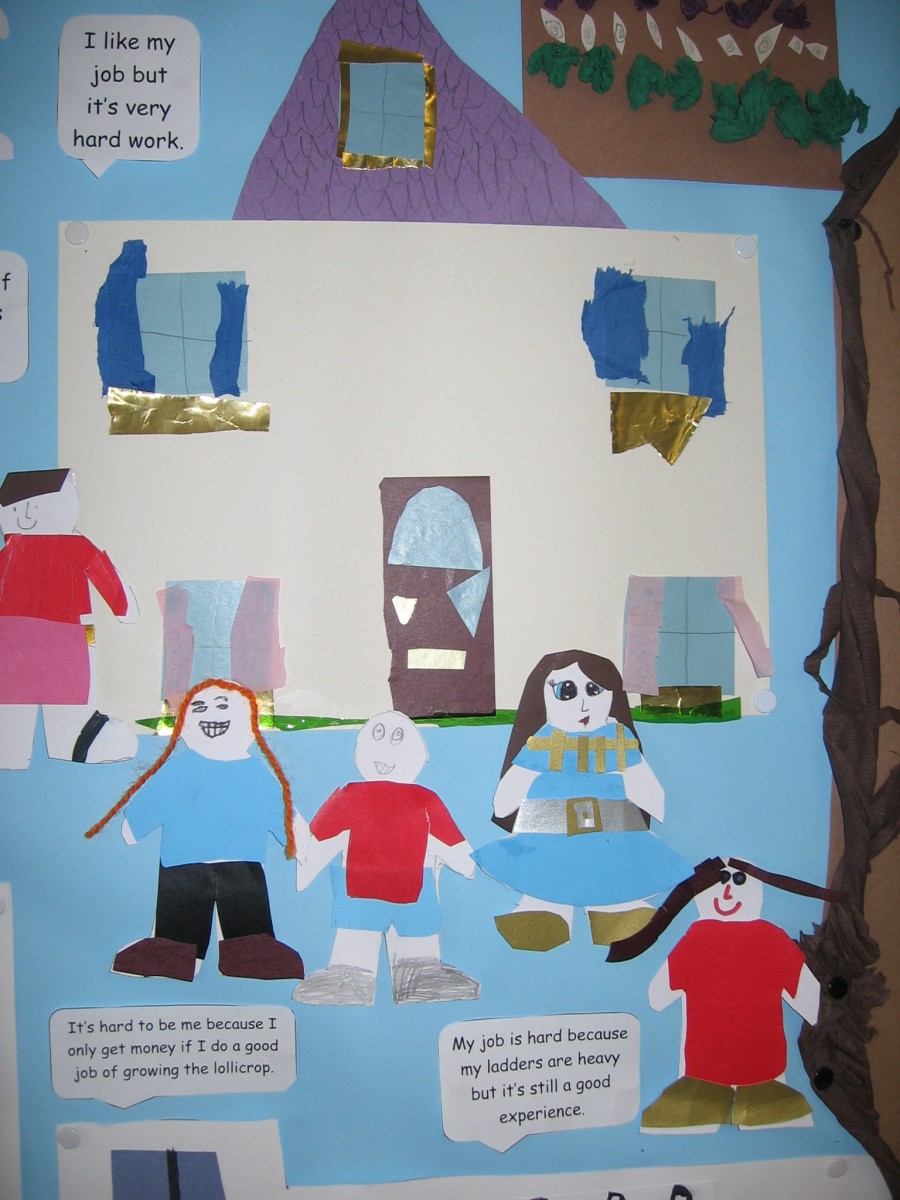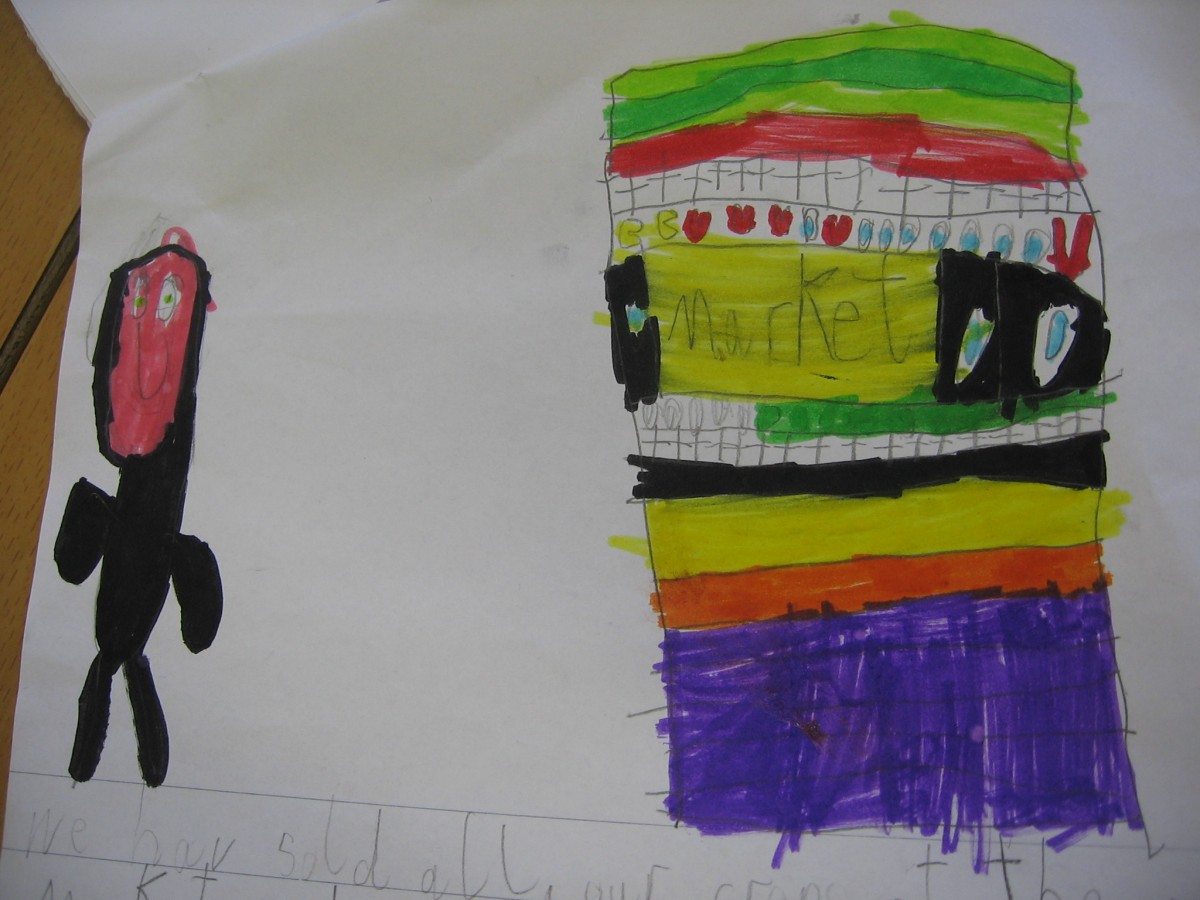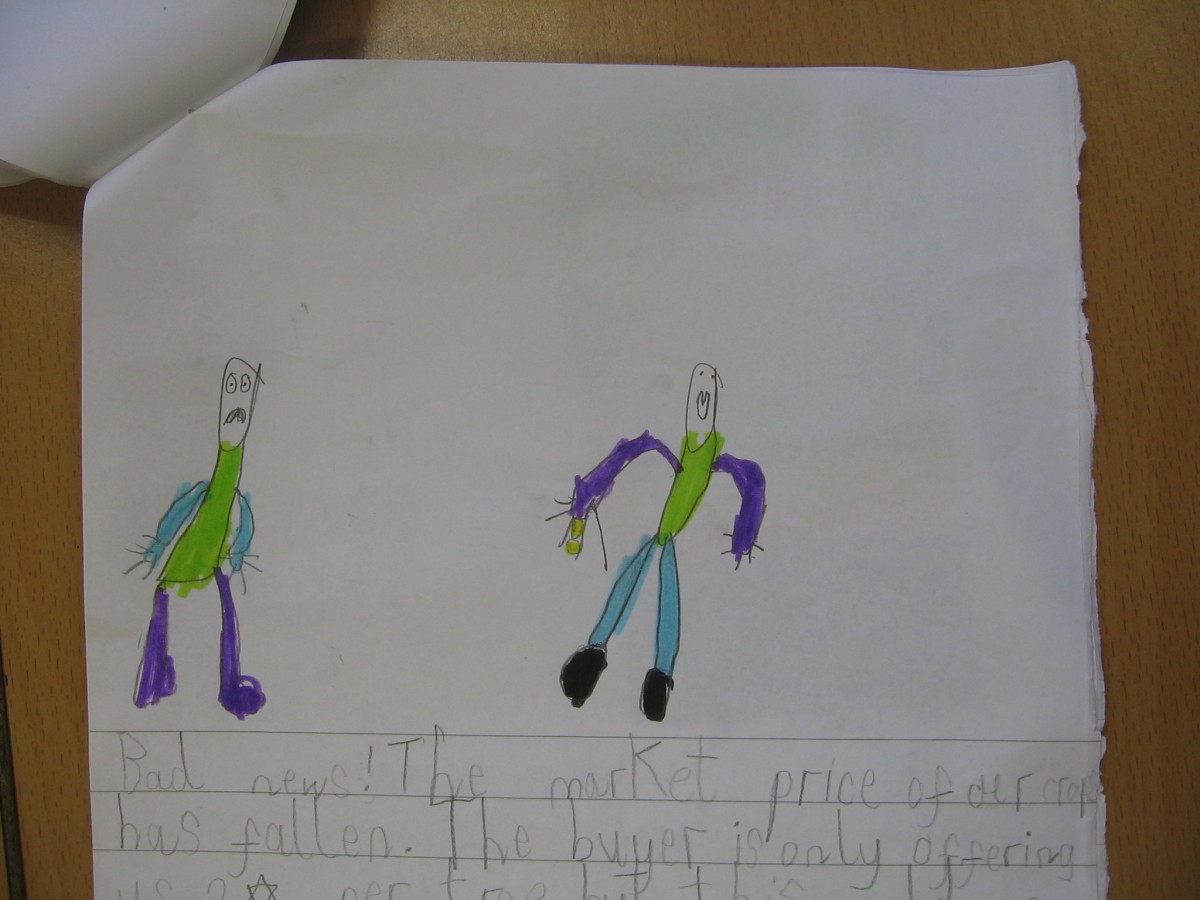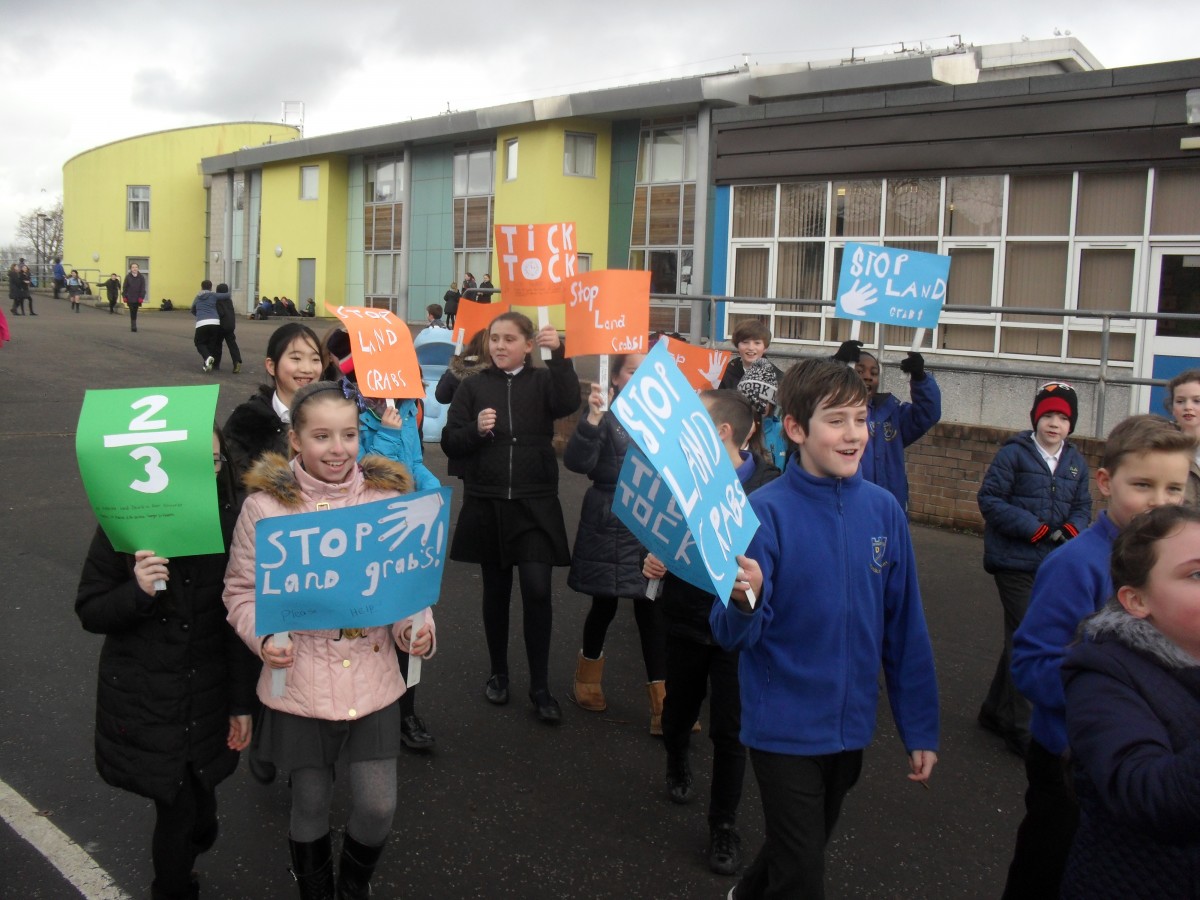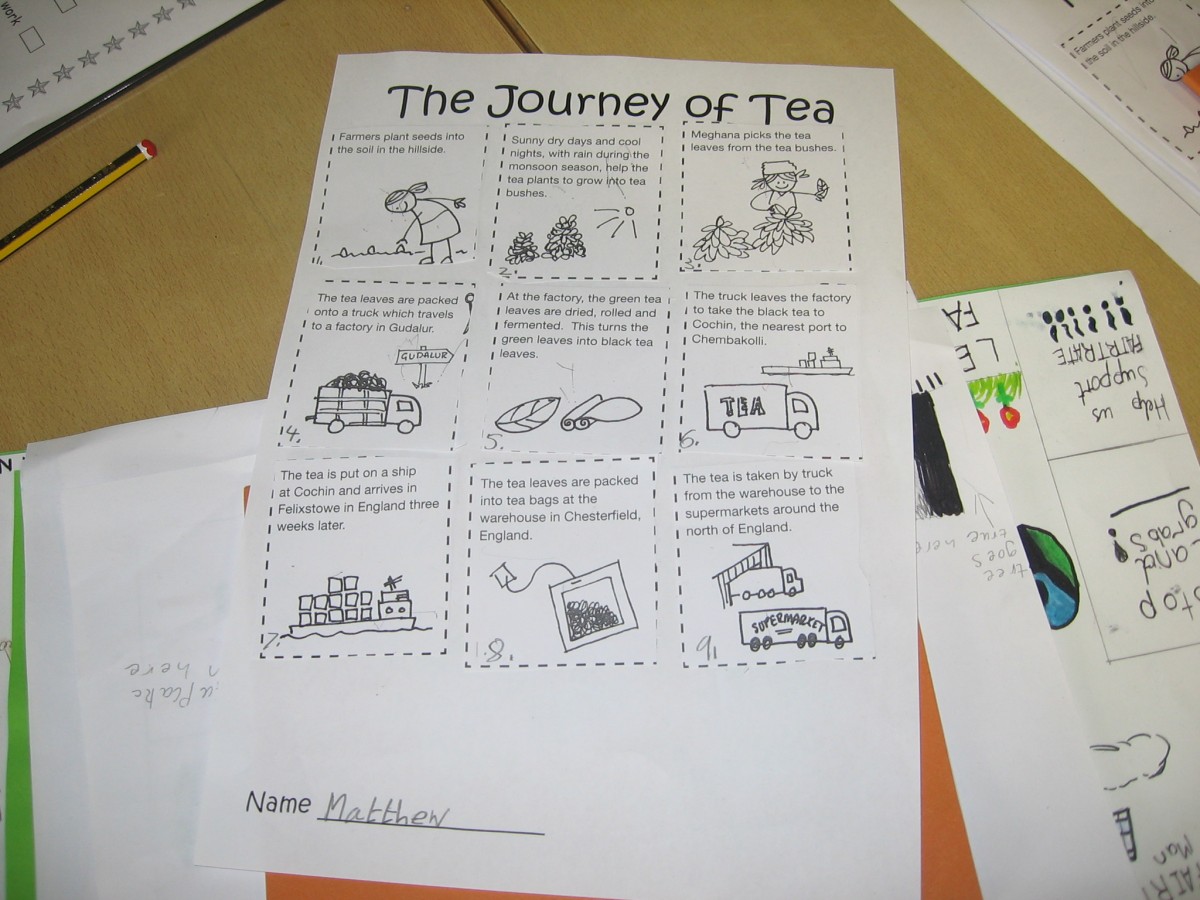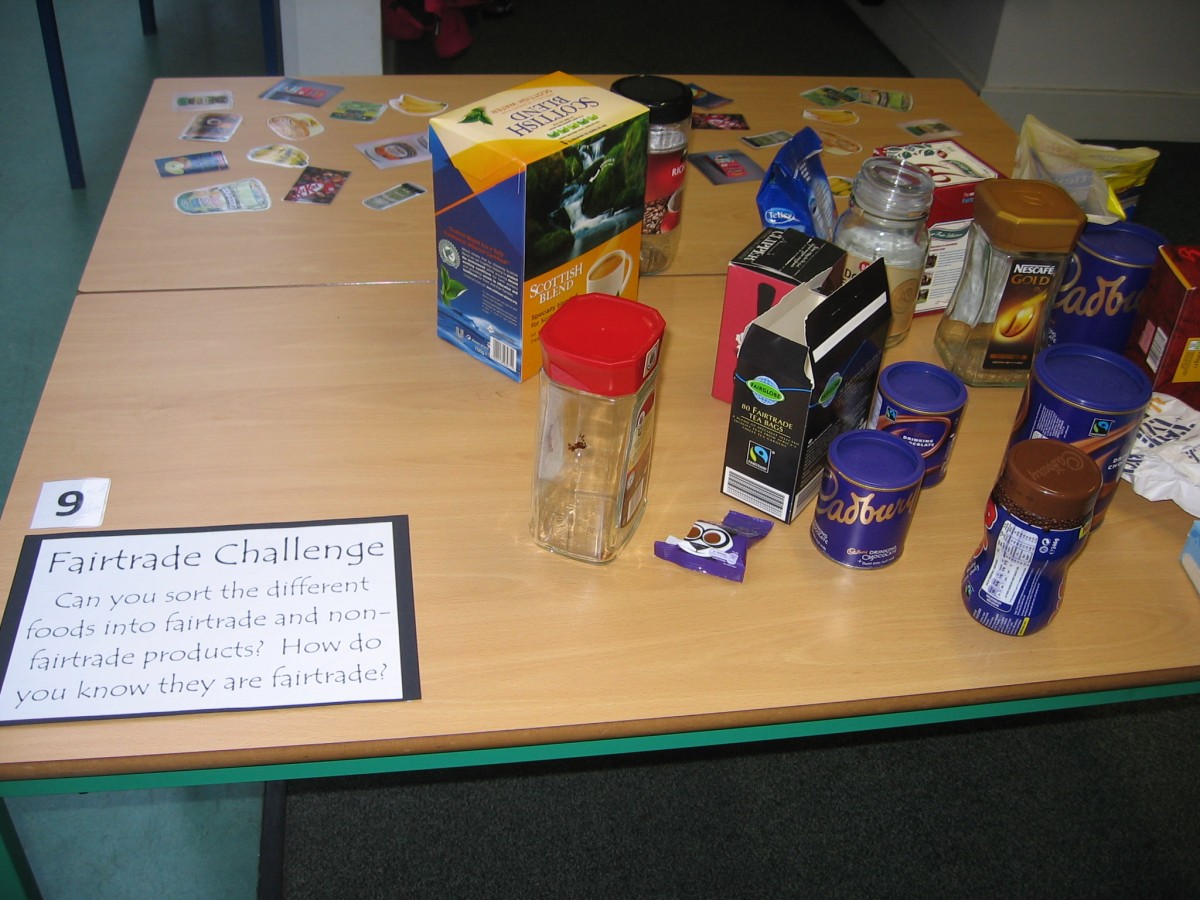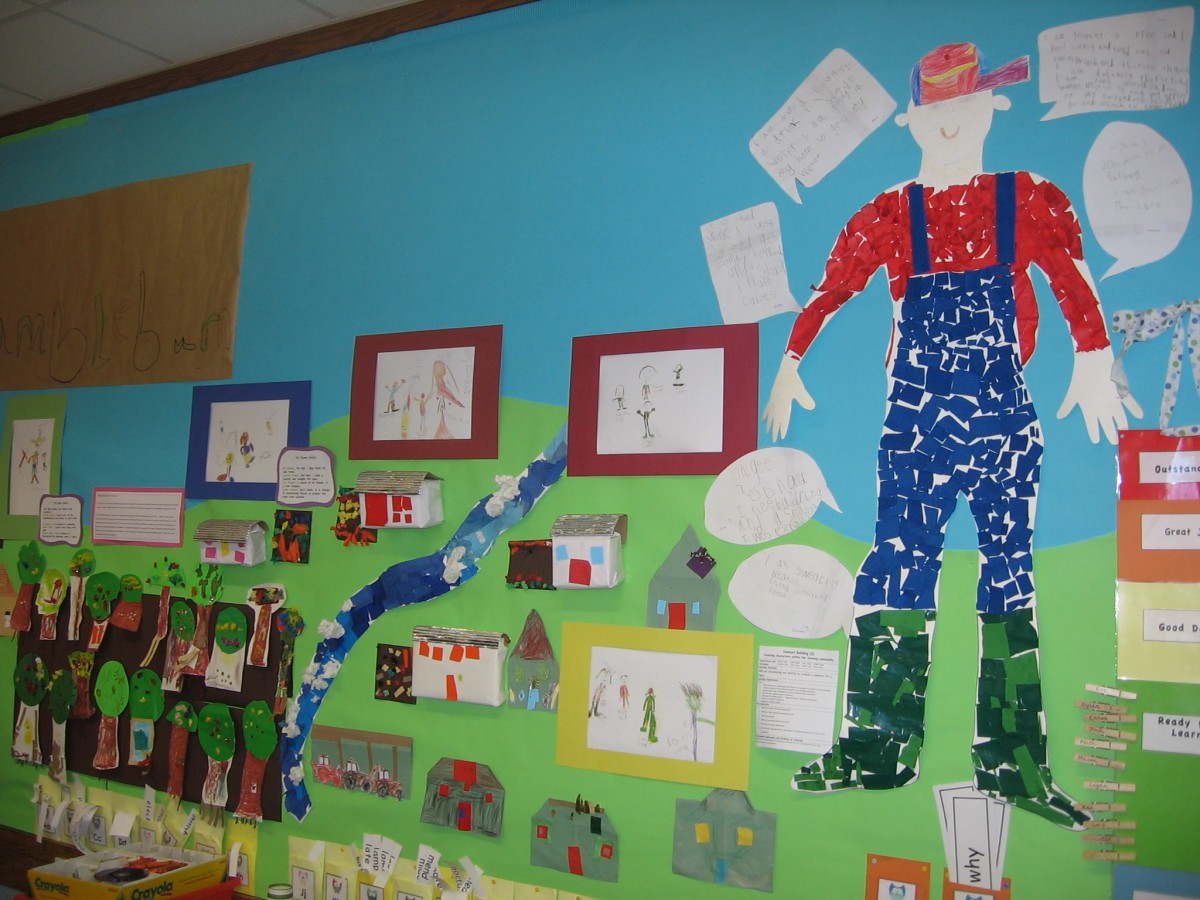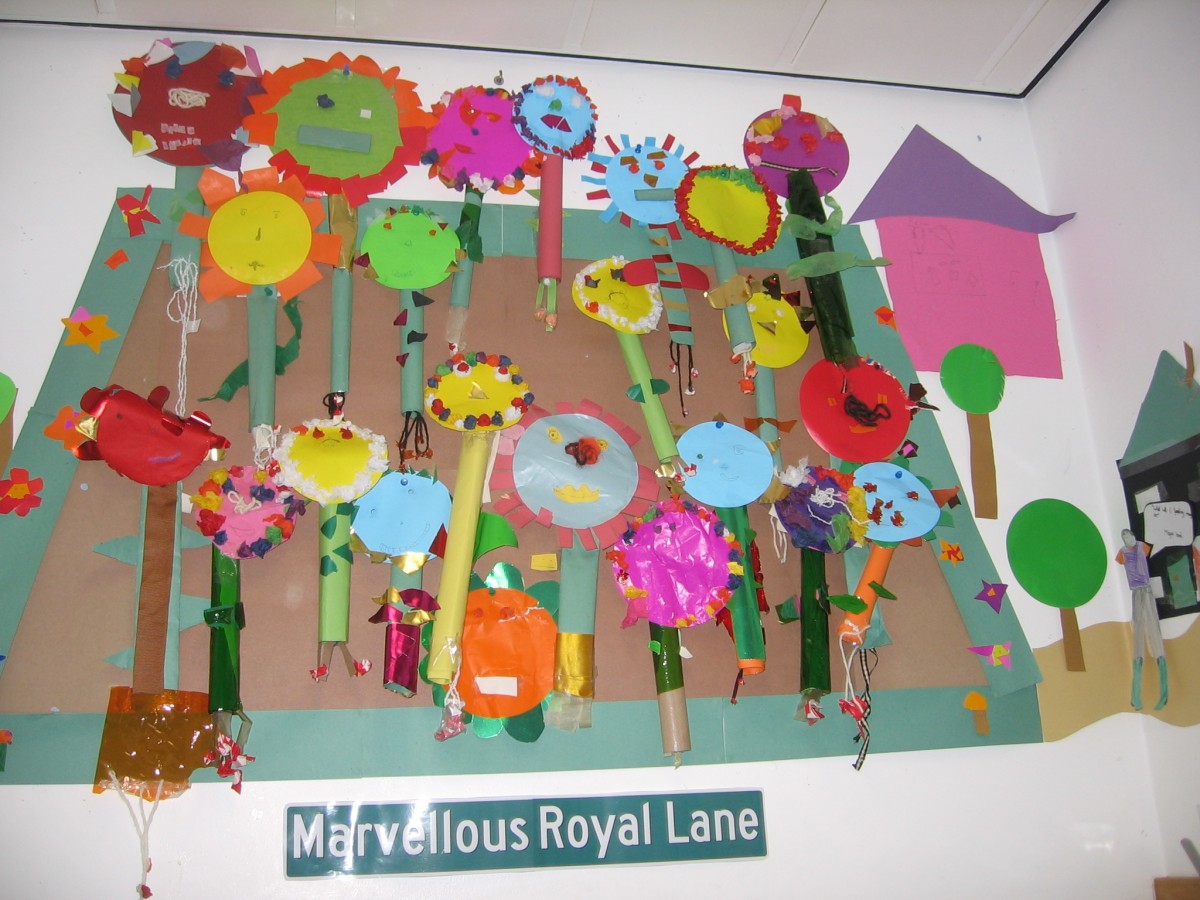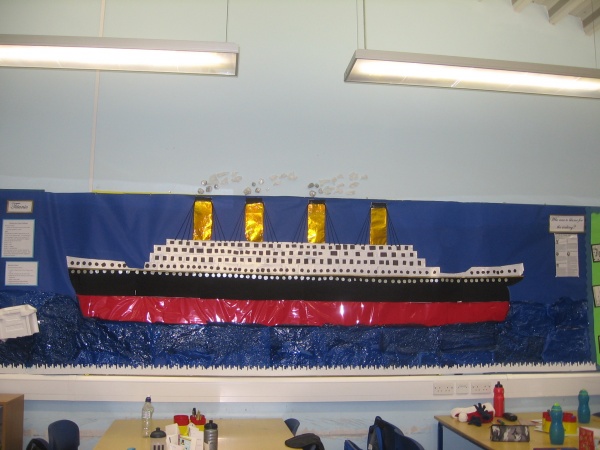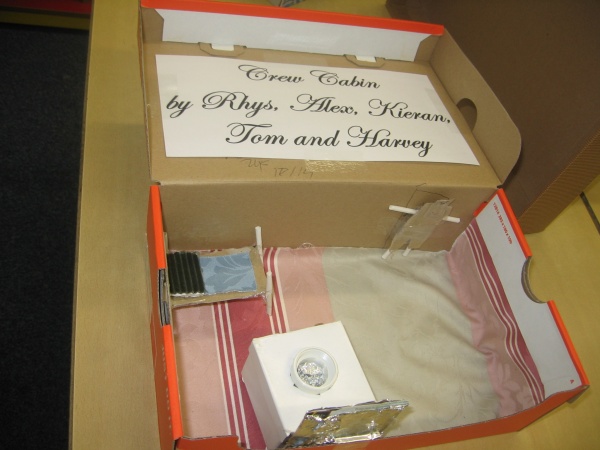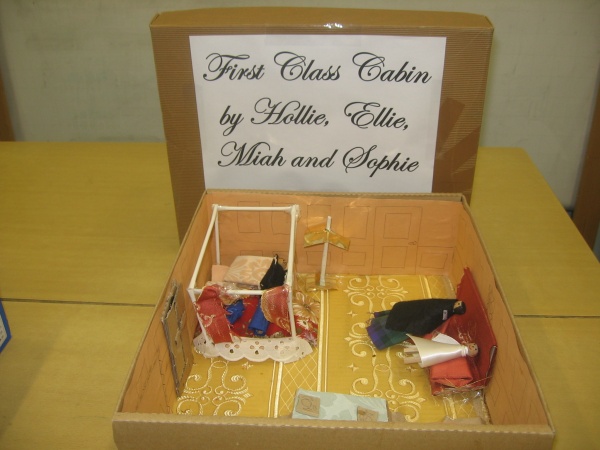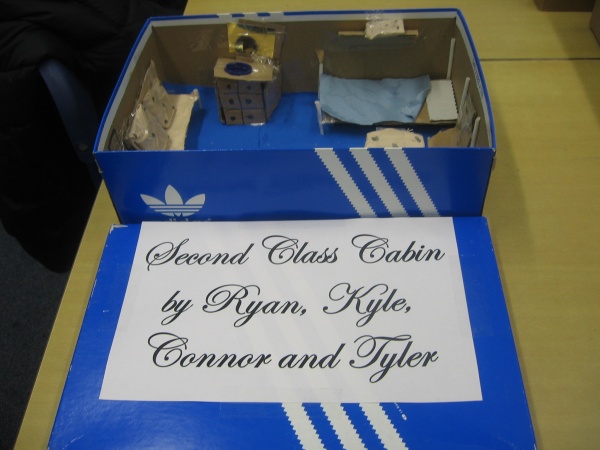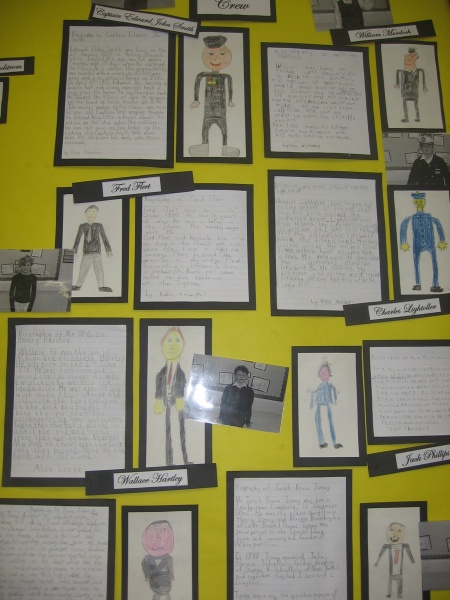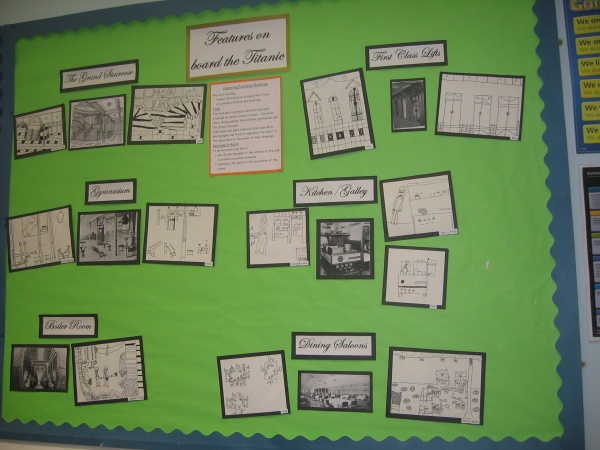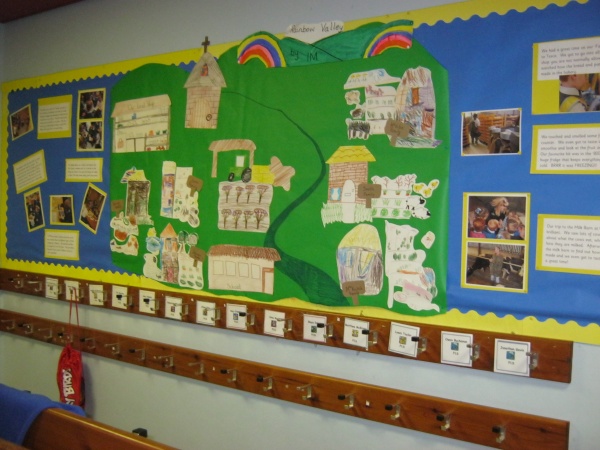 Paula O Hare and Caroline Cane teach primary 1 at Nethermains PS in Denny. They are both developing 1 + 2 languages with their pupils – French and Spanish. They made effective use of Storyline methodology to engage their pupils in developing their language skills. Click here to see the plan they used to structure their storyline. You can also click here to see the learning plan they created with their pupils.
Paula O Hare and Caroline Cane teach primary 1 at Nethermains PS in Denny. They are both developing 1 + 2 languages with their pupils – French and Spanish. They made effective use of Storyline methodology to engage their pupils in developing their language skills. Click here to see the plan they used to structure their storyline. You can also click here to see the learning plan they created with their pupils.
Kerry Girdwood teaches primary 1 at Carron Primary School and has also been putting her languages and storyline professional learning to good use in her classroom. Click here to see the imaginative way that Kerry structured her storyline plan for her pupils. Click here, and here to see her Postcode Lottery “initiating events”. Kerry used these to guide her storyline so that pupils learned about the culture of European countries, as well as developing their language skills.
Paula, Kerry and Caroline have all used the storyline approach to “bundle” or connect learning and make it more relevant and coherent for their pupils. They integrated their teaching of languages 1 and 2 within interdisciplinary learning to make it more meaningful, active and engaging. They also made good use of professional dialogue to share and develop their teaching and learning ideas. Hopefully this blog post will continue this process and support others in their teaching of languages within relevant contexts.
Click on the links below to see some of the resources created and used by Kerry, Paula and Caroline:
Travelling to France presentation
Travelling to Spain presentation
Pupil certificates Spain and France
France/Paris presentation
Spain/Barcelona presentation
Smart board document for Madrid
Learning about volcanoes
![WP_20160318_005[1]](https://blogs.glowscotland.org.uk/fa/public/IDLCentral/uploads/sites/1992/2016/03/WP_20160318_0051.jpg)
![WP_20160318_006[1]](https://blogs.glowscotland.org.uk/fa/public/IDLCentral/uploads/sites/1992/2016/03/WP_20160318_0061.jpg)
![WP_20160318_007[1]](https://blogs.glowscotland.org.uk/fa/public/IDLCentral/uploads/sites/1992/2016/03/WP_20160318_0071.jpg)
![WP_20160318_009[1]](https://blogs.glowscotland.org.uk/fa/public/IDLCentral/uploads/sites/1992/2016/03/WP_20160318_0091.jpg)
![WP_20160318_002[1]](https://blogs.glowscotland.org.uk/fa/public/IDLCentral/uploads/sites/1992/2016/03/WP_20160318_0021.jpg)
![WP_20160318_001[1]](https://blogs.glowscotland.org.uk/fa/public/IDLCentral/uploads/sites/1992/2016/03/WP_20160318_0011.jpg)
![WP_20160318_003[1]](https://blogs.glowscotland.org.uk/fa/public/IDLCentral/uploads/sites/1992/2016/03/WP_20160318_0031.jpg)
![WP_20160318_014[1]](https://blogs.glowscotland.org.uk/fa/public/IDLCentral/uploads/sites/1992/2016/03/WP_20160318_0141.jpg)
![WP_20160318_011[1]](https://blogs.glowscotland.org.uk/fa/public/IDLCentral/uploads/sites/1992/2016/03/WP_20160318_0111.jpg)
![WP_20160318_010[1]](https://blogs.glowscotland.org.uk/fa/public/IDLCentral/uploads/sites/1992/2016/03/WP_20160318_0101.jpg)
